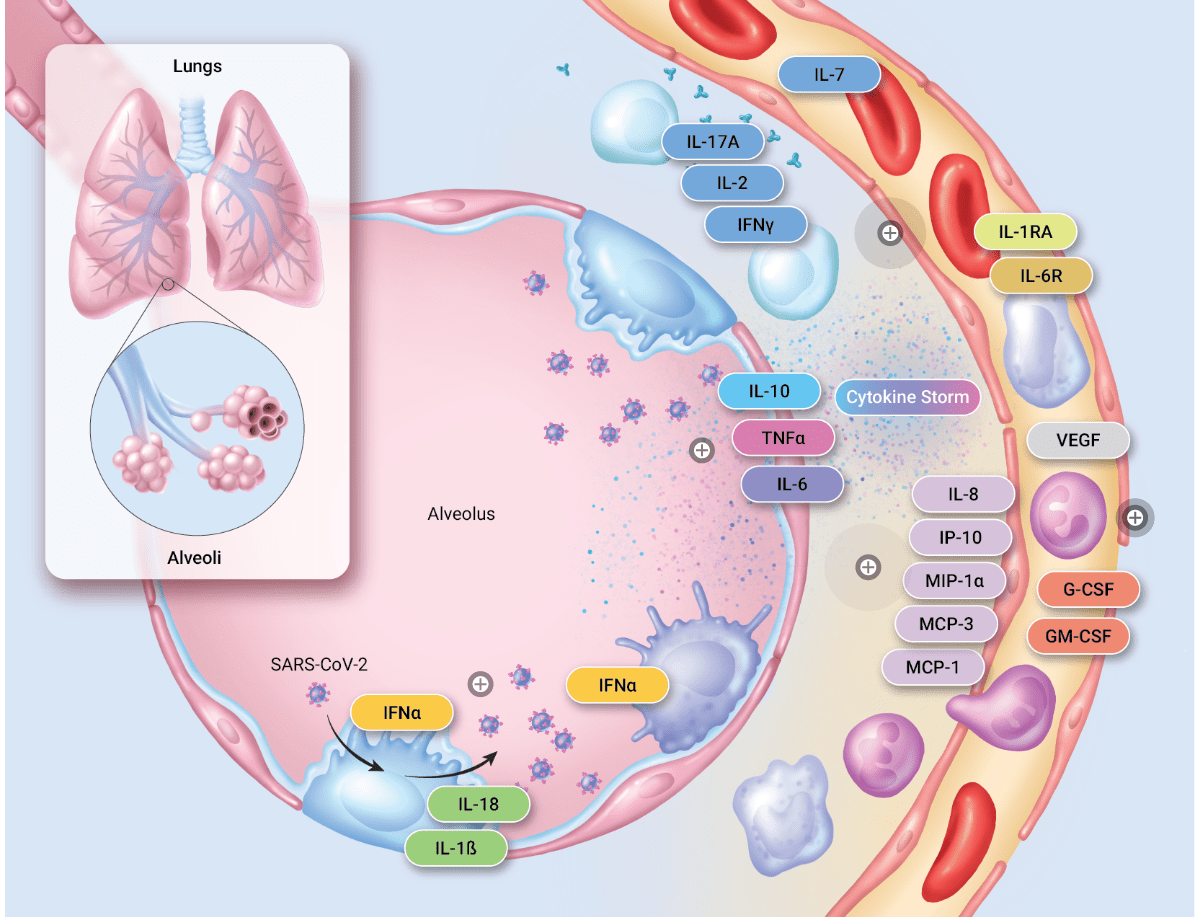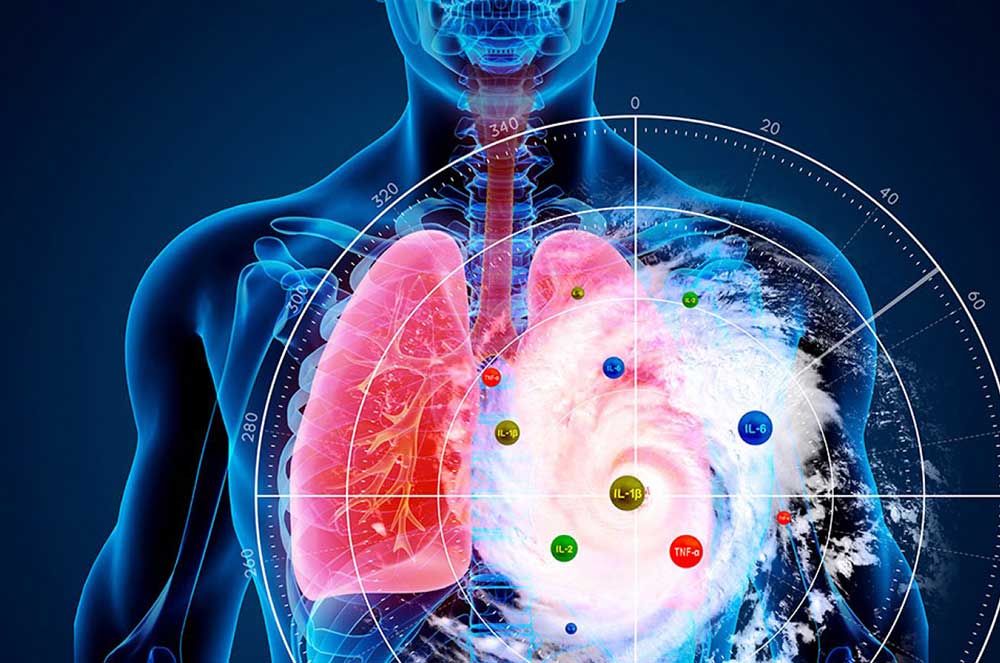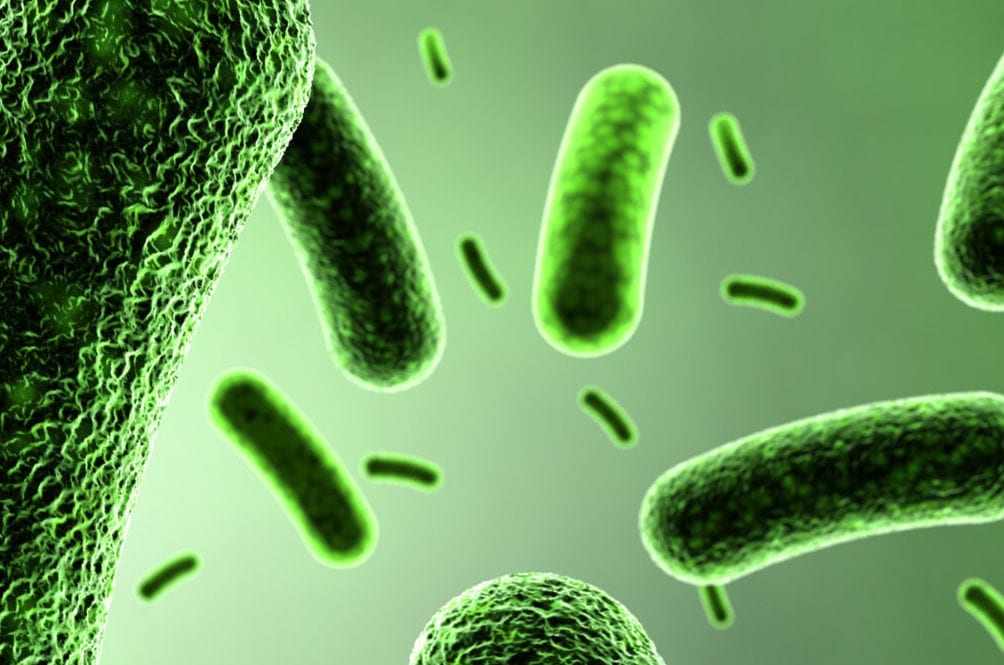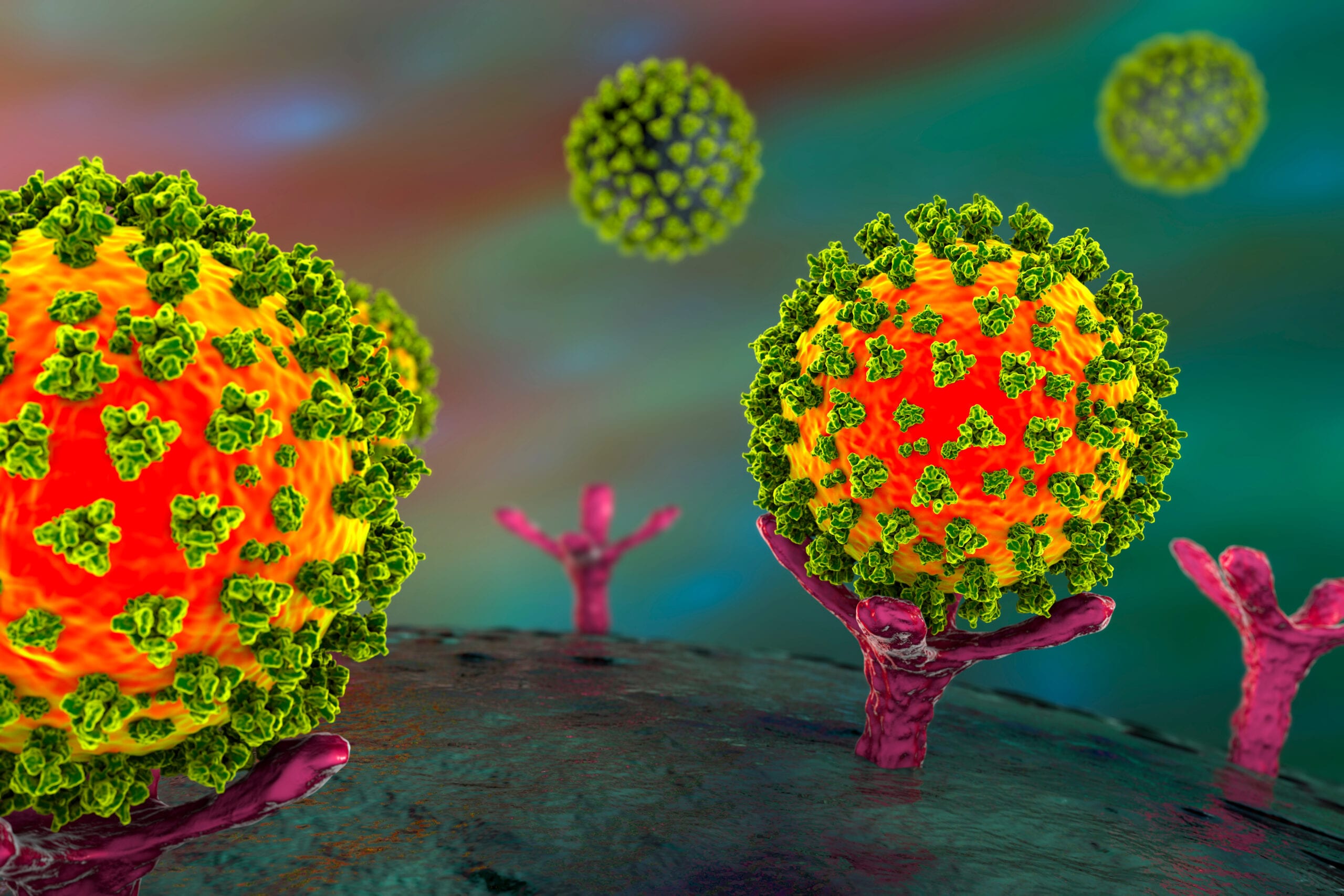Infectious Disease
Powering Epidemiology Research
Research organizations around the world are deploying Simoa® to combat COVID-19 and future pandemics with our full range of products, applications, and services. Simoa’s extreme sensitivity and specificity is enabling researchers to measure cytokine levels and profiles in non-critical and critical COVID-19 patients as well as asymptomatic and symptomatic patients.
We are actively seeking partners to work with us to develop viral loading and host immune response assays for both symptomatic and pre-symptomatic patients. Let us know if you have ideas, assays and/or key reagents that could be combined with Simoa’s ultra-sensitivity.
Click through the alphabet to see available assays
Ultra-sensitive Detection of Inflammatory Cytokines
Simoa technology is unique in its ability to simultaneously and precisely measure multiple cytokines down to baseline levels, enabling scientists to uncover a unique and comprehensive understanding of SARS-CoV-2 pathogenesis and host response.

Simoa® Cytokine Storm Profiling
The use of Simoa® technology to measure cytokines in both singleplex and multiplex configurations with excellent precision and limits of detection in the low fg/mL or sub–fg/mL levels, allowing robust quantification well below what is possible today.

Simoa® In Action:
Absence of Toxemia in Clostridioides difficile Infection: Results from Ultrasensitive Toxin Assay of Serum
Sprague et al.
Researchers used Simoa assays to detect toxins in plasma secreted by Clostridioides difficile during infection and found that circulating antitoxin antibodies may play a role in the absence of host toxemia.

Simoa® In Action:
Inborn errors of type I IFN immunity in patients with life-threatening COVID-19
Zhang et al.
In patients with severe COVID-19 pneumonia, researchers identified loss of function variants in 13 human loci that regulate TLR3- and IRF7-dependent type I IFN immunity to influenza virus. The impact of these mutations on fibroblasts suggests susceptibility to SARS-CoV-2, demonstrating the potential role of inborn errors of type I IFN immunity in severe cases of COVID-19.
